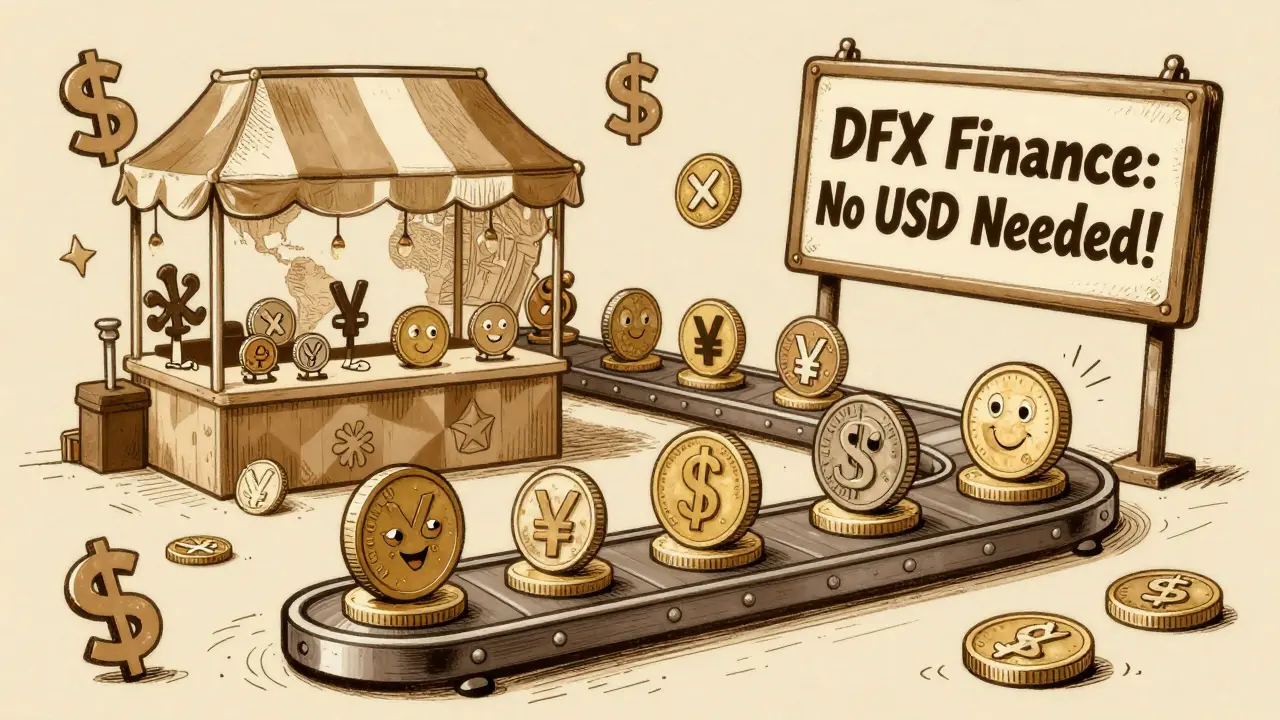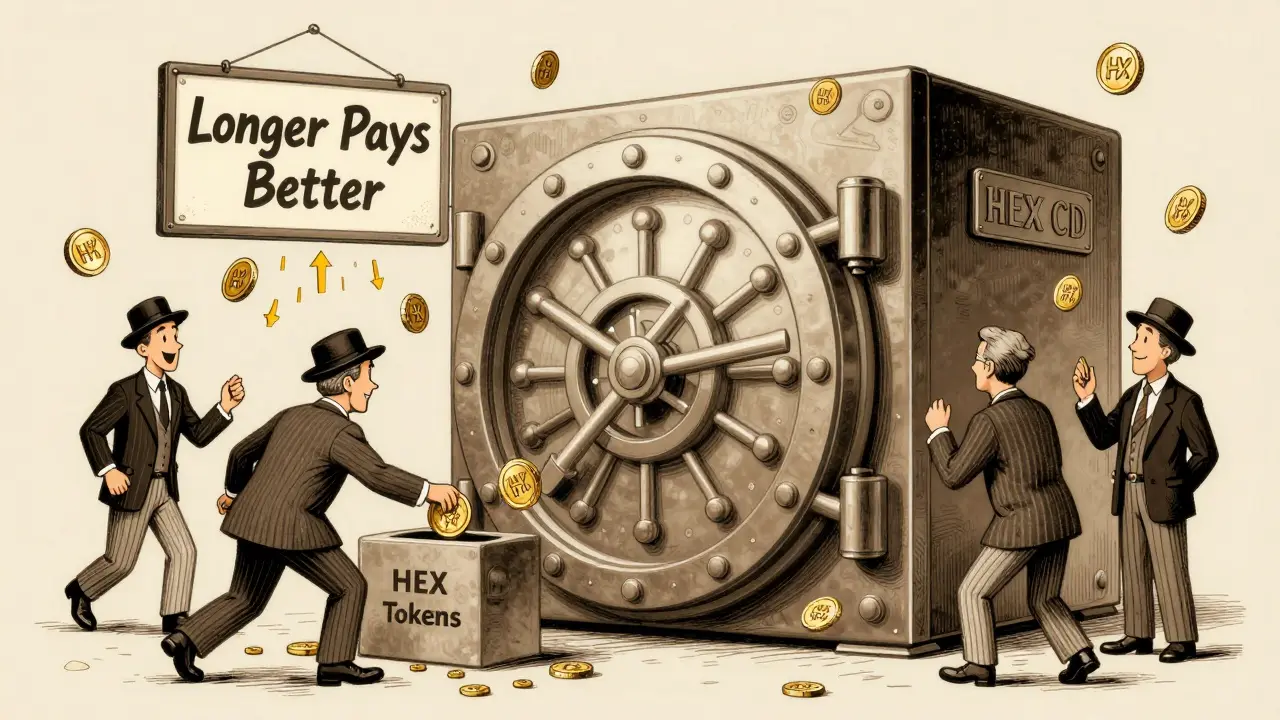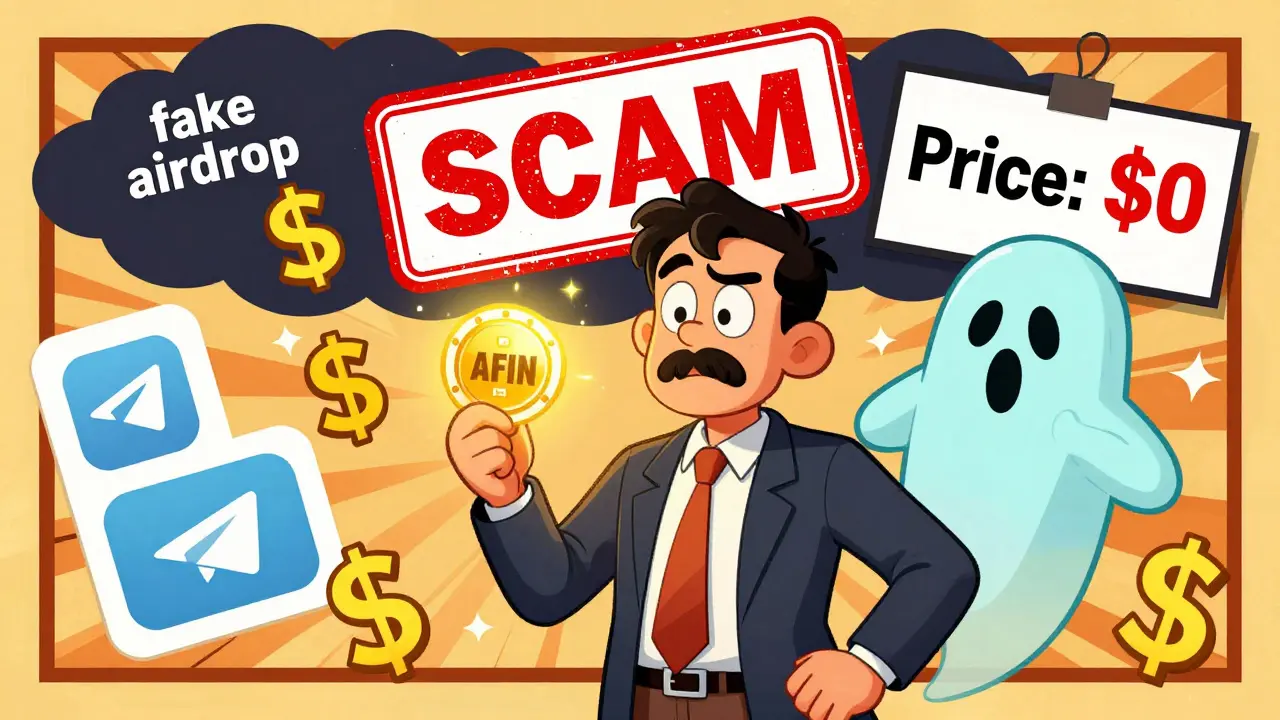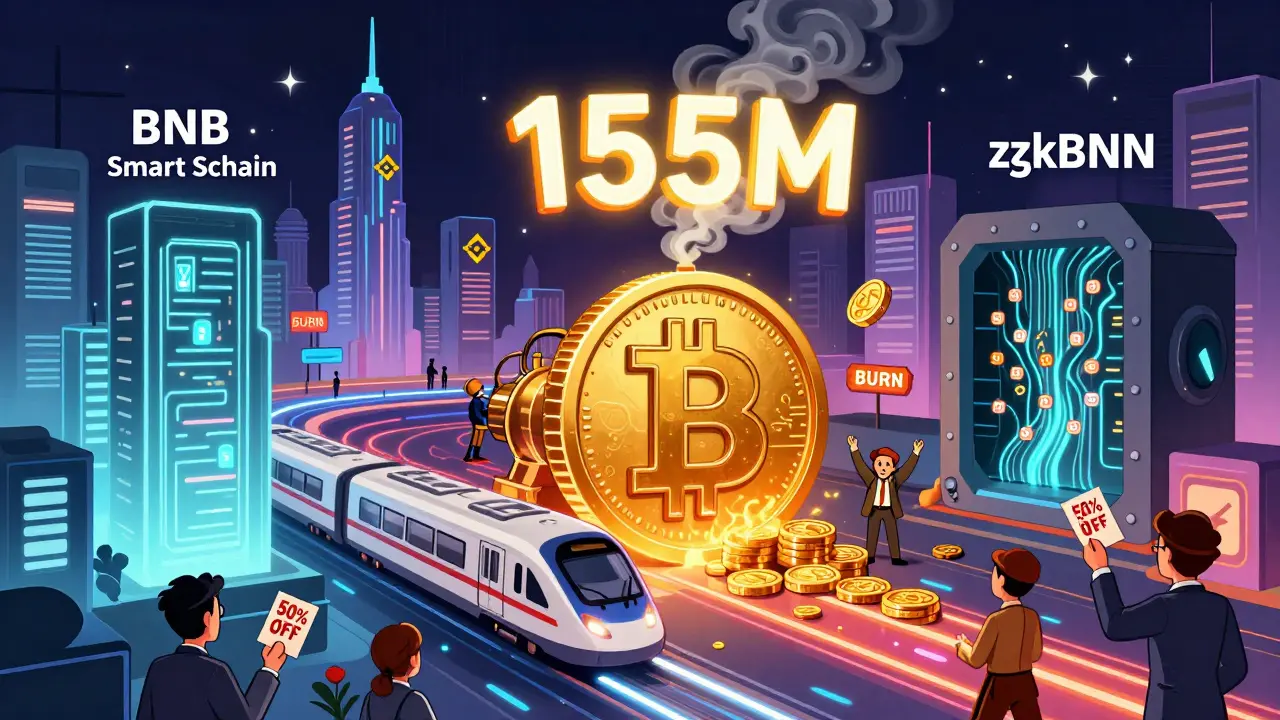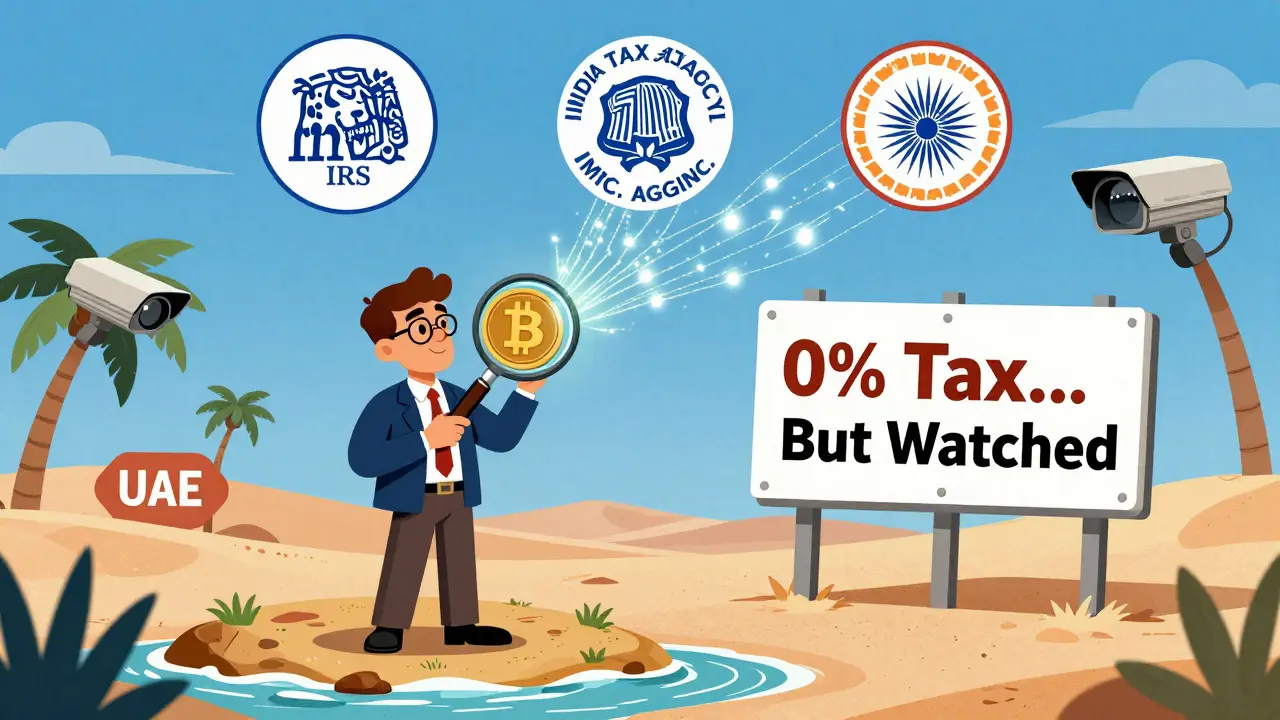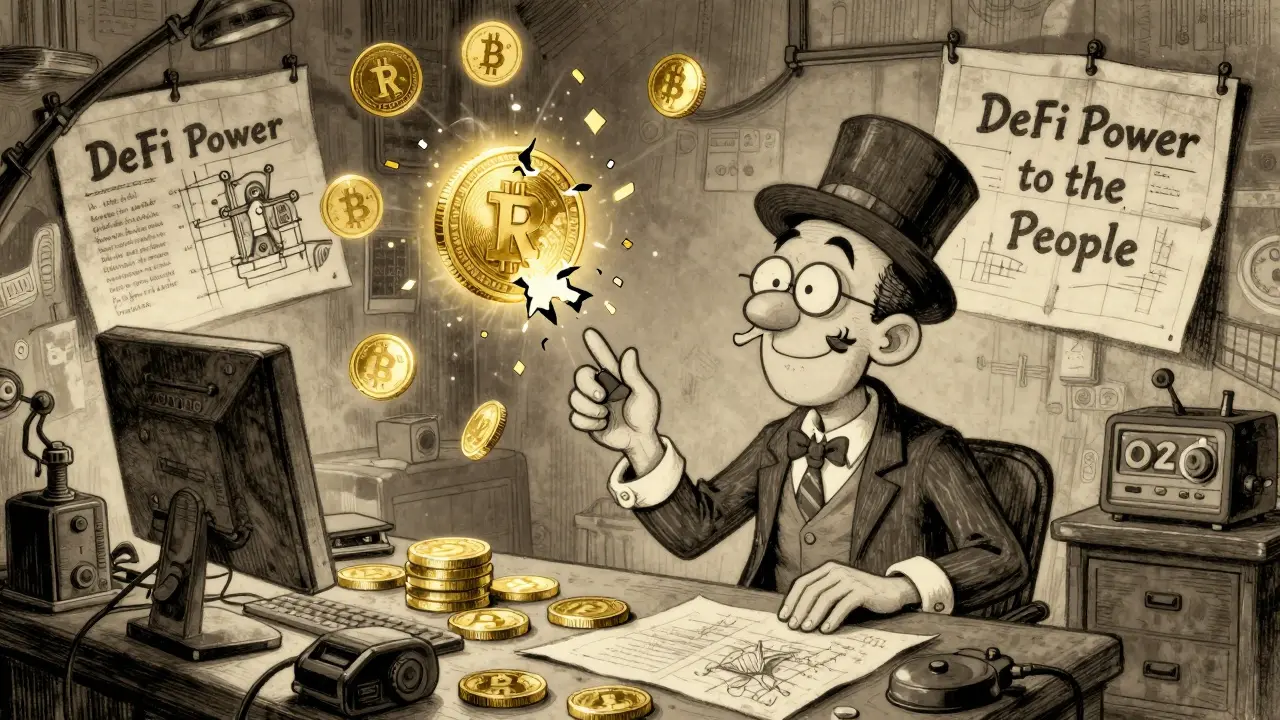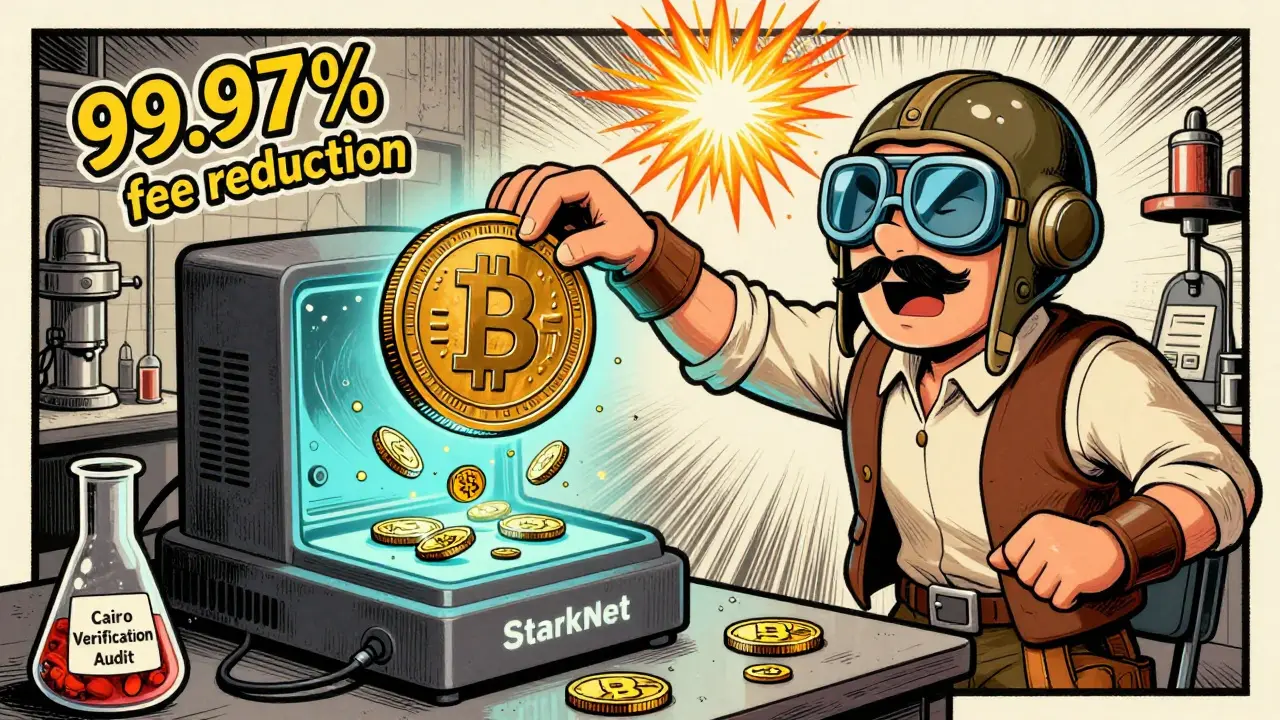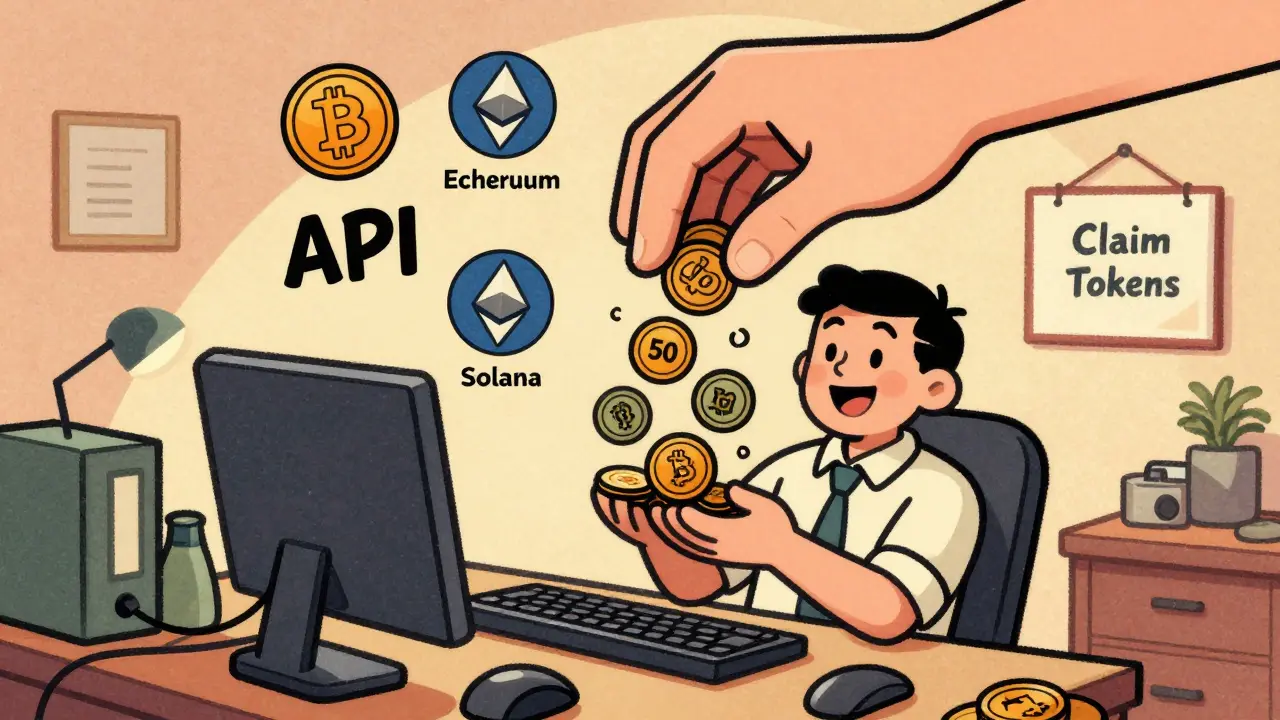Cryptocurrency Overview & Resources
When diving into Cryptocurrency, digital assets that use cryptography to secure transactions and control new unit creation. Also known as crypto, it powers a range of financial and tech innovations. Grasping the core idea lets you see why Cryptocurrency encompasses airdrops, requires crypto regulation, and depends on hash algorithms for security. From beginners who just heard the buzz to seasoned traders tweaking strategies, the term covers everything you’ll meet in the posts below.
Key Topics Covered
One of the biggest practical hurdles is staying compliant. crypto regulation, the set of laws and licensing rules that govern how digital assets are issued, traded, and reported. Also known as MFSA rules, MiCA, SEC guidance, it dictates who can launch a token, how exchanges operate, and what reporting you must file. Understanding crypto regulation helps you avoid fines, keeps your project legit, and lets you spot opportunities in jurisdictions opening up to innovation.
Another hot area is the free‑flow of tokens via airdrop, a distribution method where developers send free tokens to eligible wallets to boost awareness and network effect. Known in the community as a “token giveaway”, airdrops can jump‑start a project’s user base, but they also bring scams if you skip verification steps. Knowing the eligibility rules, claim process, and security tips means you can claim real value without risking your private keys. The collection below includes step‑by‑step guides for the latest airdrops, from sports‑themed NFTs to DeFi token launches.
Behind the scenes, hash algorithms, cryptographic functions like SHA‑256, Keccak‑256, and BLAKE2b that turn data into fixed‑size strings ensure transaction integrity and prevent double‑spending. These algorithms enable Cryptocurrency security and directly affect mining difficulty, network speed, and energy consumption. If you’re a developer or a miner, knowing which algorithm a chain uses helps you pick the right hardware or optimize smart contracts.
Finally, the rise of governance tokens, tokens that grant holders voting power over protocol upgrades, fee structures, and fund allocation reshapes the DeFi landscape. In platforms like Uniswap, SushiSwap, or newer Arbitrum projects, these tokens shape DeFi ecosystems by aligning incentives between users and developers. Holding them can earn staking rewards, boost liquidity, and give you a say in future directions. The articles in this list break down tokenomics, risk factors, and how to use governance tokens safely.
All these pieces—regulation, airdrops, hashing, and governance—interlock to form the broader cryptocurrency universe. Below you’ll find concise, data‑driven guides that walk you through each subject, from Malta’s licensing tracks to the latest NFT airdrop claims. Whether you’re setting up a wallet, evaluating a token’s tech stack, or navigating legal requirements, the resources here give you the context you need to act confidently.

